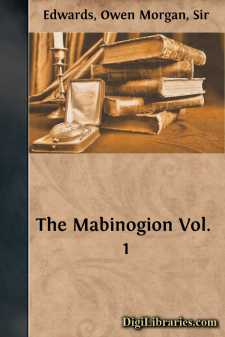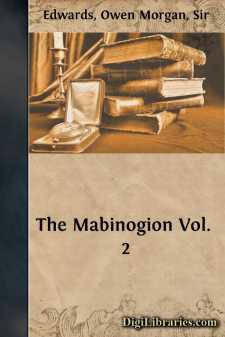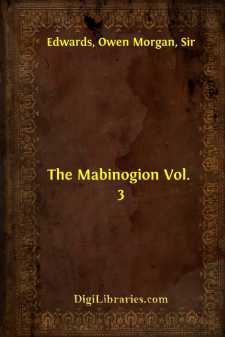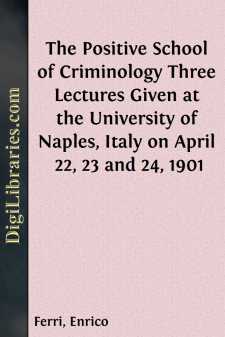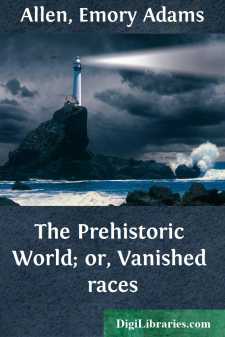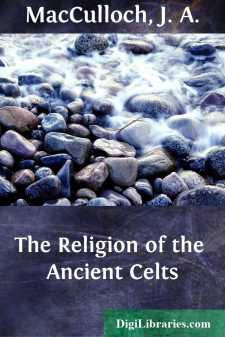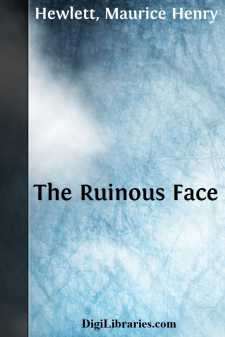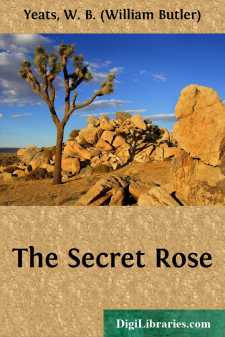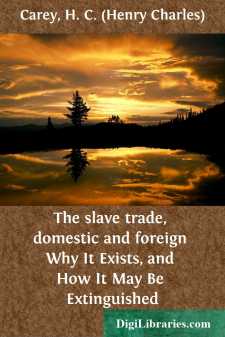Social Science
Social Science Books
Sort by:
by:
Howard V. Brown
The series, of which this is the third volume, is an attempt to meet a need that has been felt for several years by parents and physicians, as well as by teachers, supervisors, and others who are actively interested in educational and social progress. The need of practical activity, which for long ages constituted the entire education of mankind, is at last recognized by the elementary school. It has...
more...
INTRODUCTION. More than half a century ago Lady Charlotte Guest gave The Mabinogion to English readers in the form which, probably, will ever most delight them. Her transcript of the Red Book of Hergest was not perfect, she found the meaning of many a Welsh phrase obscure, but her rendering is generally very accurate; and the Celtic tales retain in their new dress much of the charm, which so often...
more...
GERAINT THE SON OF ERBIN. Arthur was accustomed to hold his Court at Caerlleon upon Usk. And there he held it seven Easters, and five Christmases. And once upon a time he held his Court there at Whitsuntide. For Caerlleon was the place most easy of access in his dominions, both by sea and by land. And there were assembled nine crowned kings, who were his tributaries, and likewise earls and...
more...
PWYLL PRINCE OF DYVED. Pwyll, prince of Dyved, was lord of the seven Cantrevs of Dyved; and once upon a time he was at Narberth his chief palace, and he was minded to go and hunt, and the part of his dominions in which it pleased him to hunt was Glyn Cuch. So he set forth from Narberth that night, and went as far as Llwyn Diarwyd. And that night he tarried there, and early on the morrow he rose...
more...
by:
Enrico Ferri
I. My Friends: When, in the turmoil of my daily occupation, I received an invitation, several months ago, from several hundred students of this famous university, to give them a brief summary, in short special lectures, of the principal and fundamental conclusions of criminal sociology, I gladly accepted, because this invitation fell in with two ideals of mine. These two ideals are stirring my heart...
more...
CAN read the book of the past? Who can tell us the story of Creation's morn? It is, not written in history, neither does it live in tradition. There is mystery here; but it is hid by the darkness of bygone ages. There is a true history here, but we have not learned well the alphabet used. Here are doubtless wondrous scenes; but our stand-point is removed by time so vast, the mist of years is so...
more...
by:
J. A. MacCulloch
CHAPTER I. INTRODUCTORY. To summon a dead religion from its forgotten grave and to make it tell its story, would require an enchanter's wand. Other old faiths, of Egypt, Babylon, Greece, Rome, are known to us. But in their case liturgies, myths, theogonies, theologies, and the accessories of cult, remain to yield their report of the outward form of human belief and aspiration. How scanty, on the...
more...
THE RUINOUS FACE When the siege of Troy had been ten years doing, and most of the chieftains were dead, both of those afield and those who held the walls; and some had departed in their ships, and all who remained were leaden-hearted; there was one who felt the rage of war insatiate in his bowels: Menelaus, yellow-haired King of the Argives. He, indeed, rested not day or night, but knew the fever...
more...
THE CRUCIFIXION OF THE OUTCAST. A man, with thin brown hair and a pale face, half ran, half walked, along the road that wound from the south to the town of Sligo. Many called him Cumhal, the son of Cormac, and many called him the Swift, Wild Horse; and he was a gleeman, and he wore a short parti-coloured doublet, and had pointed shoes, and a bulging wallet. Also he was of the blood of the Ernaans, and...
more...
CHAPTER I. THE WIDE EXTENT OF SLAVERY. Slavery still exists throughout a large portion of what we are accustomed to regard as the civilized world. In some countries, men are forced to take the chance of a lottery for the determination of the question whether they shall or shall not be transported to distant and unhealthy countries, there most probably to perish, leaving behind them impoverished mothers...
more...



